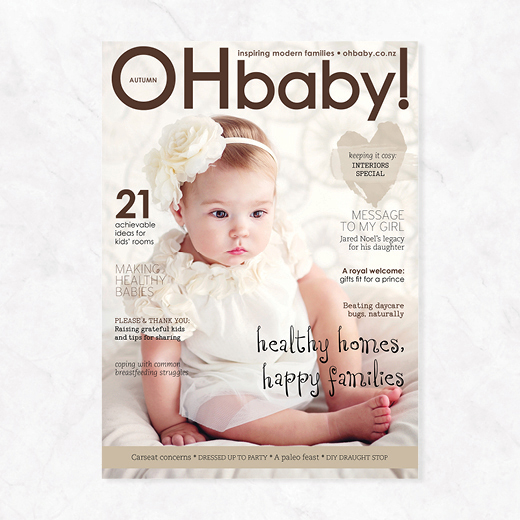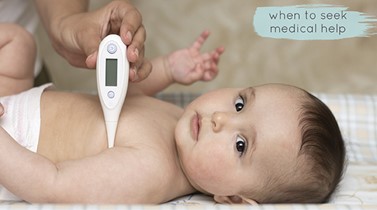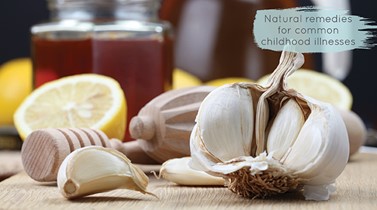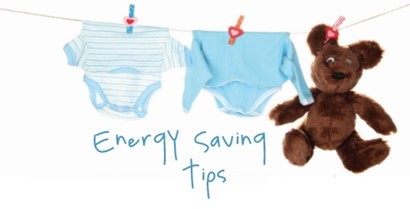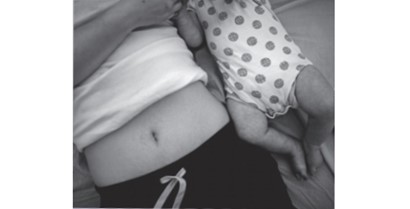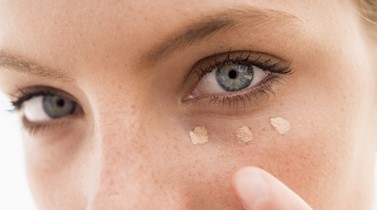Naturopathic tips for conceiving & pregnancy

Asti Renaut and Natasha Berman offer naturopathic tips for successful conceptions, smooth pregnancies and thriving babies.
Want to make a baby? Want to make a healthy baby? Most people who answer “Yes” to the first question will of course answer “Yes” to the second, yet many couples are unaware of the things they could be doing to increase their chances of not only a healthy baby, but an easy conception and a smooth pregnancy.
Paying attention to diet, lifestyle, nutrition and general health in the months before conception can have far-reaching beneficial effects. If you are a gardener, you’ll know that healthy soil and a healthy environment make for strong and bountiful plants. If children were plants, you and your partner are not only the “seeds” of your child, but also the environment in which they grow, the soil and the sunlight. There is a growing body of evidence supporting the practice of pre-conception healthcare and showing that when it is applied properly, it can:
🌱 Reduce miscarriage rates
🌱 Reduce fertility issues
🌱 Improve birth weights and reduce incidence of premature births
🌱 Reduce congenital abnormalities and malformations
🌱 Improve children’s immunity and reduce allergy
🌱 Reduce difficulties with breastfeeding
Pre-conception healthcare is about maximising the nutrients and conditions that support fertility and minimising those which do not. There are some great books on this subject and, while there are many more details we could go into, we’ve simplified it into a 10-step programme:
1. It takes two to make a baby 🌱
At least 50% of fertility issues are men’s issues. We highly recommend any men who want to be dads get a sperm test. Your GP will check sperm count, sperm motility (how well they swim) and morphology (the number that are a bit wonky). If there’s any problem, you can then investigate ways to address it.
As a couple, the more you are on the same page and supporting each other, the easier and more rewarding the journey towards baby-making will be.
2. Start early 🌱
It’s never too early to start preparing. The recommended minimum period for pre-conception care is four months. That’s four months before you even start to try some actual baby-making. “That’s ages!”, some of you will be thinking. To put it in context, it can take up to 116 days for sperm to form, and 100 days for an ova (egg) to mature. So if you think about the cells in your body that will be the foundation of your baby’s start to life, these are the very cells that we want to be in tip-top condition.
3. Start charting 🌱
Learning about a woman’s menstrual cycle can be awe-inspiring. The natural rhythms of a woman’s body and the way her temperature and cervical mucus both change at different times of the month to reflect and encourage fertility are truly amazing. There are many different apps, devices, kits and books you can use for charting ovulation, and we encourage both partners to school up on how to tell when it’s happening. This will not only maximise your chances of conception, but is also useful to help identify hormonal issues that may need addressing.
4. Stress less 🌱
The ways in which stress can mess with fertility are endless. Stress puts our bodies into a state of physiological emergency — not, biologically, the ideal state for making babies! During times of stress the body actually preferentially uses the available building blocks to make stress hormones, depleting the available reserves for making reproductive hormones. Stress can also block the ability of our cells to respond to our reproductive hormones.
The actions you take to reduce stress will make the whole process of conception and pregnancy so much easier in the long run. Reducing work hours, starting a yoga class, going for a daily walk, relaxing and laughing more — these are all steps you can take towards a more peaceful and fertile lifestyle. Instead of trying to squeeze himself into your packed, adrenalised schedule, a baby is more likely to come when there is space in your life for him to do so.
5. Avoid the obvious 🌱
Yes, you guessed it — avoid coffee, alcohol, tobacco and any other drugs or stimulants. It is really important for both partners to get on board with this one, not just to support each other, but because these substances affect sperm just as much as they do a woman’s reproductive health. Alcohol can significantly deplete nutrients and help reduce fertility and pregnancy outcomes even when consumed around the time of ovulation or conception. While the effects of alcohol and tobacco are well-known, many people think caffeine is a benign pleasure as it’s so ingrained in our social fabric. But studies have shown that caffeine can reduce male and female fertility by up to 50%. It also reduces absorption of nutrients, which are essential for making babies.
6. Good clean food and water 🌱
Preparing fresh food from scratch is the best way to up the nutritional value of your diet. Minimise sugar and white flour, which actually use up our body’s precious nutrients instead of adding to them. We are a nation increasingly reliant on sugary, high-carb snacks, and steering away from these towards fresh fruit and vegetables and good clean protein will not only boost your vitamins and minerals, but also even out your energy levels and, for some, your mood as well. Hydration is important for many reasons, for example seminal fluid is more than 80% water, so don’t let yourselves get dehydrated guys, we want free flow!
7. Nutrition 🌱
These days, good clean food and water often isn’t enough. While naturopaths have been saying this for long while, GPs are also increasingly becoming aware of the need for extra nutritional support during pre-conception and pregnancy. While in the past only folate was given routinely to women wanting to conceive, today iodine is also a standard prescription, iron will always be tested, and often vitamin D levels too. This is still a short list; abundant research now shows many more supplements have positive influences on fertility for men and women. Some multi-vitamins fall short of providing enough of the specific vitamins and minerals that are useful for fertility, but some are a really good start. Different people have different requirements depending on their age and health, so it is always best to ask a qualified practitioner to assess you and offer advice. Many people are low in zinc, for example, which is one of the most important fertility minerals for both sexes. For a specific list of the nutrients important for pre-conception care, check out our website, qbaby.co.nz.
8. Chemical soup 🌱
Minimising exposure to the hundreds and thousands of synthetic chemicals we have in our environment is a first step towards increasing fertility. This means chemicals we are exposed to at work, play and at home. Builders for example may be exposed to significant levels of arsenic through treated timber, painters may be exposed to old lead paints and new solvents and office workers may be exposed to more radiation from computers which, while not chemical in nature, can still have negative effects. Look at ways to minimise exposures and support detoxing.
At home, take a close look at cleaning products and cosmetics. Remember that we absorb a lot through our skin, and we are a generation of guinea pigs exposed to a greater number of chemicals than previous generations dreamed of. Many chemicals have the ability to mimic our reproductive hormones in various ways; these are known as “endocrine disruptors”. For obvious reasons we want to avoid these where possible, and one basic way to do this is to avoid eating and drinking out of soft plastics, and never, ever heating plastics to eat from. We have it within our power to at least minimise our chemical exposures at home and at work, even if we still have to drive in rush-hour fumes!
9. Get help if you need it 🌱
There are many health conditions that can have detrimental effects, not just on fertility but on your baby’s health. A short list might include obesity, hormonal imbalances, allergies, auto-immune conditions, genito-urinary infections and thyroid imbalances. There are many wonderful practitioners who can support you, and if you would like help, don’t be afraid to ask for it. Working to sort out your health concerns now will not only make conception easier, and your baby healthier, it will also make you stronger and build a good foundation to meet the challenges of parenting.
10. Have lots of good sex! 🌱
Sex really is the best and easiest way to make babies. Even if you’re not able to make babies in this way, sex is still important for you. For women, think of the uterus as a muscle (which it is); the more you work it out, the healthier it gets. The timing of sex for conception is based on ovulation (see step three), but even before you’re ready to start trying for a baby, get in lots of practice. Research shows that regular sex has positive influences on regulating a woman’s cycle and increasing fertlity.
To sum up, every thing you do now has the potential to affect your future child for their whole life. Giving up a daily coffee or two, not having a beer with the boys after work — these are short-term sacrifices for your child’s lifetime of potential.
If it all feels like far too much change just take it slowly and remember that every little step you take is better than taking no steps.
Like many things in life, we can’t completely control our fertility. It is a bit like love — it happens when it happens, a precious thing that blooms. What we can do is learn about fertility, understand it, encourage it and nurture it. Do everything we can and then surrender to what is ultimately still a bit of a beautiful mystery.
Asti Renaut and Natasha Berman are naturopaths based in Christchurch and Auckland respectively. For references and recommended reading, get in touch at qbaby.co.nz. and allergenicstesting.com.

AS FEATURED IN ISSUE 25 OF OHbaby! MAGAZINE. CHECK OUT OTHER ARTICLES IN THIS ISSUE BELOW
